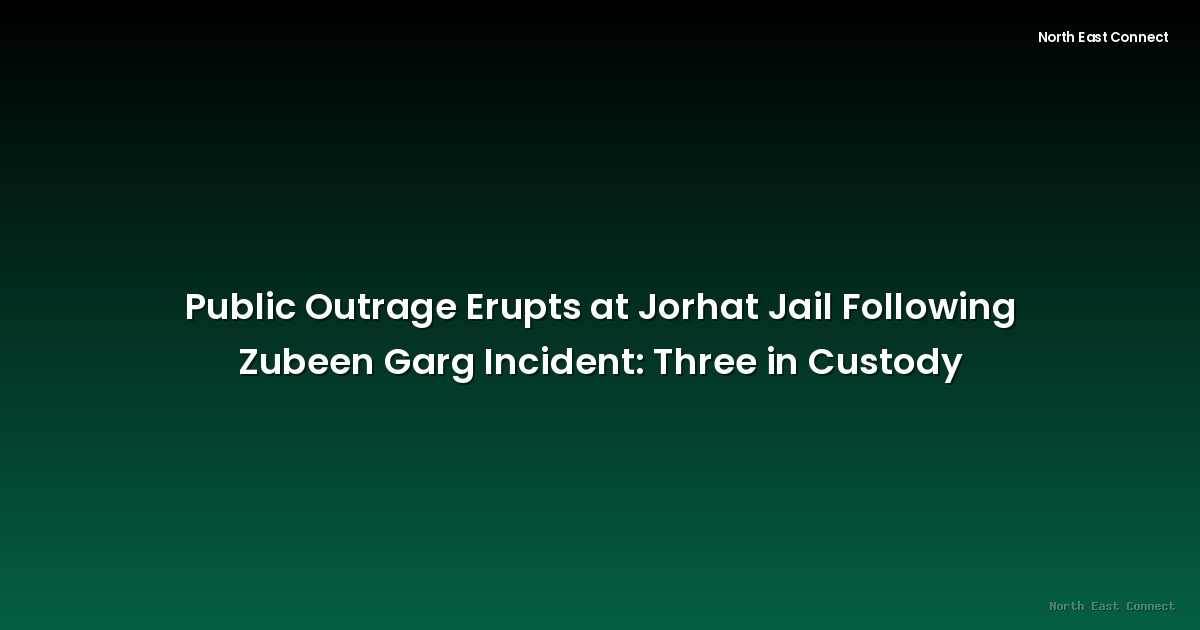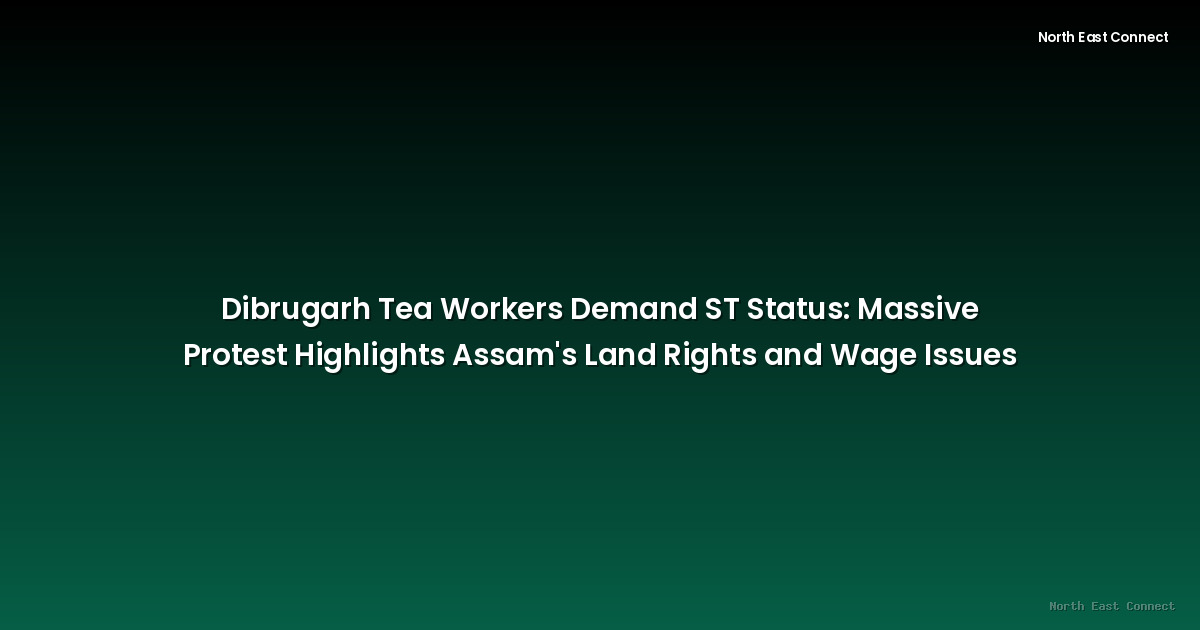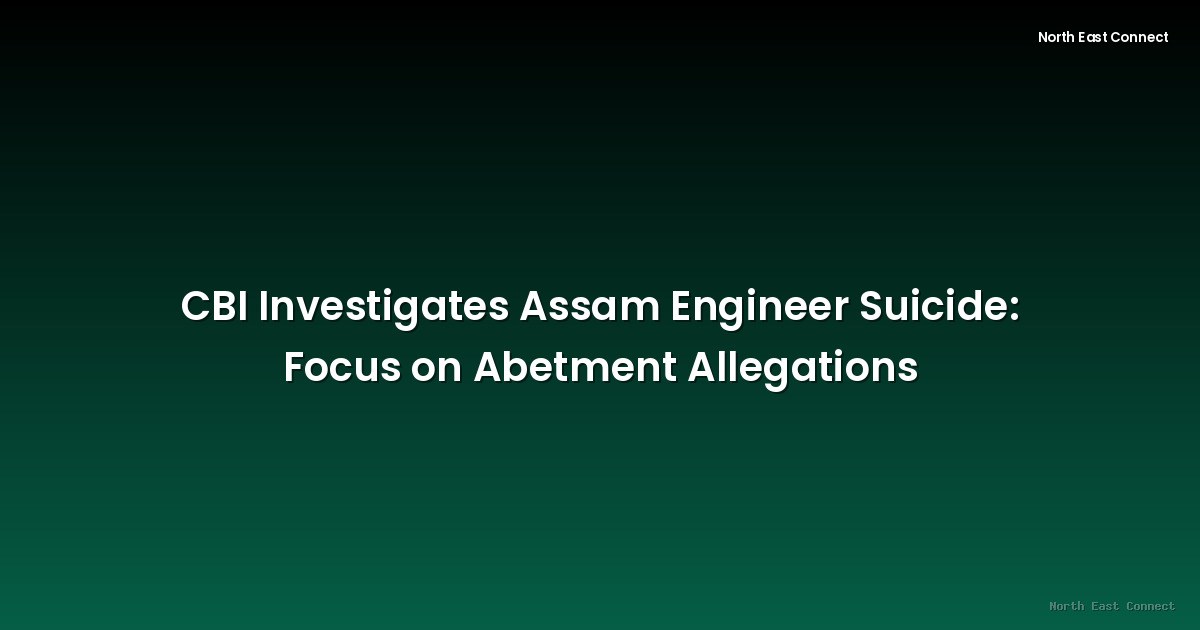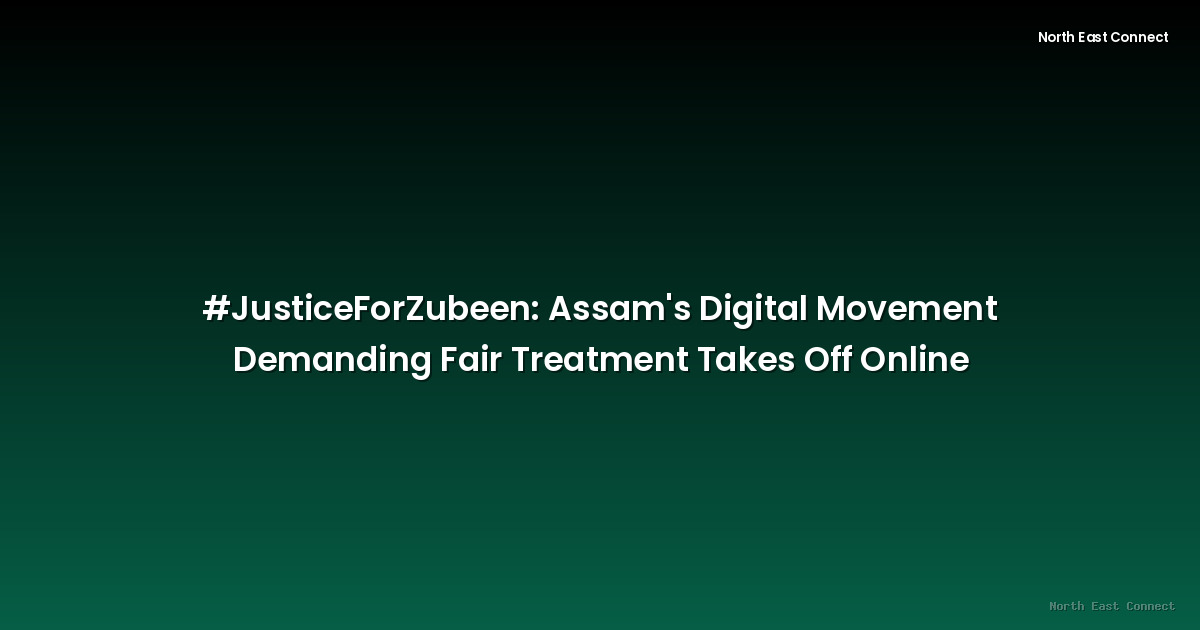2025-08-18 · News
In May 2024, a series of actions targeting individuals deemed "foreigners" in Assam resulted in the transfer of a specific demographic to the state's detention centre. Reports indicate that those detained were exclusively Bengali-origin Muslims. This targeted action has raised significant concerns about potential discrimination and the fairness of the ongoing process to identify and deport individuals believed to be undocumented.
While the government's stated aim is to identify and remove individuals who have illegally entered the country, the apparent selectivity in the May crackdown has fueled criticism. The concentration of Bengali-origin Muslims among those detained suggests a possible bias in the implementation of the existing legal framework. Critics argue that this raises serious questions about the process's impartiality and its potential to disproportionately affect specific communities.
The issue is further complicated by the ongoing National Register of Citizens (NRC) process in Assam. The NRC aims to identify legitimate Indian citizens, but its implementation has been controversial, with numerous appeals and challenges to the process's methodology. The May crackdown appears to be linked to this ongoing struggle to define citizenship and to enforce the deportation of those deemed ineligible.
The details surrounding the May crackdown, including the specific criteria used to identify those detained and the legal procedures followed, require further scrutiny. Transparency in the process is crucial to ensure fairness and prevent the targeting of specific communities based on religious or ethnic background. Independent investigations and public reporting of the events are needed to assess whether due process has been followed and whether the actions taken align with human rights standards.
The targeting of Bengali-origin Muslims specifically is particularly troubling given the history of migration and settlement patterns in the region. Understanding the historical context and the potential vulnerabilities of particular communities is vital in assessing the impact of such crackdowns. The long-term consequences of these actions, both on the individuals affected and on broader societal cohesion, require careful consideration.
Moving forward, ensuring that the process for identifying and deporting "foreign nationals" adheres strictly to the principles of justice and equality is critical. Any discriminatory practices must be identified and rectified, and any breaches of human rights addressed appropriately. Independent oversight and monitoring mechanisms could help prevent future instances of targeted actions based on ethnicity or religion. Public dialogue about the issues involved in defining citizenship and protecting the rights of all residents is essential.
The events of May highlight the complex interplay between legal processes, demographic realities, and potential biases in the implementation of policies. A comprehensive understanding of these factors is vital for fostering a just and equitable society in Assam and addressing the concerns raised by this targeted crackdown. The lack of detailed publicly available information surrounding the May crackdown further underscores the need for greater transparency in such sensitive matters to ensure accountability and public trust.







